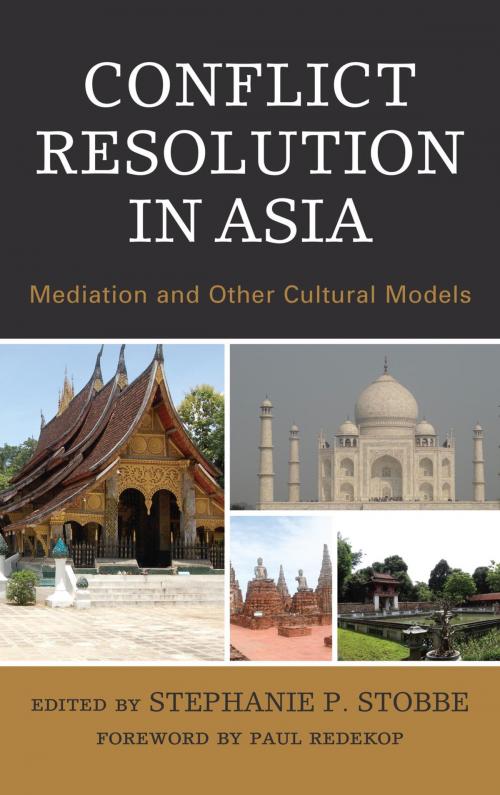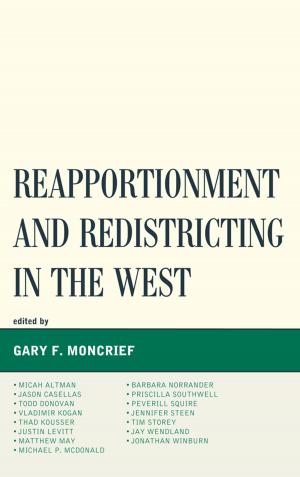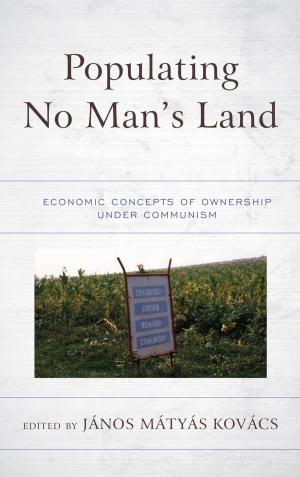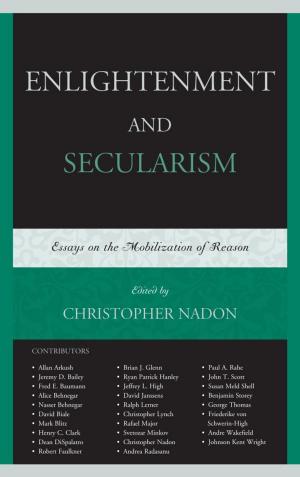Conflict Resolution in Asia
Mediation and Other Cultural Models
Nonfiction, Social & Cultural Studies, Political Science, International, International Relations| Author: | Nadja Alexander, Ph. D Bagshaw, Bruce E. Barnes, Charles W. Crumpton, Joel Lee, Eko Yi Liao, Federico V. Magdalena, Geetha Ravindra, Stephanie P. Stobbe, Fatahillah A. Syukur, Vanchai Vatanasapt, Cheryl Qianru Zhang | ISBN: | 9781498566445 |
| Publisher: | Lexington Books | Publication: | March 20, 2018 |
| Imprint: | Lexington Books | Language: | English |
| Author: | Nadja Alexander, Ph. D Bagshaw, Bruce E. Barnes, Charles W. Crumpton, Joel Lee, Eko Yi Liao, Federico V. Magdalena, Geetha Ravindra, Stephanie P. Stobbe, Fatahillah A. Syukur, Vanchai Vatanasapt, Cheryl Qianru Zhang |
| ISBN: | 9781498566445 |
| Publisher: | Lexington Books |
| Publication: | March 20, 2018 |
| Imprint: | Lexington Books |
| Language: | English |
Conflict Resolution in Asia: Mediation and Other Cultural Models is an exploration of human interaction, conflict, and conflict resolution in the incredibly diverse region that consists of South, East, and Southeast Asia. It examines how traditional, indigenous, and culturally based conflict resolution processes interact with more formal legal systems to build infrastructures that address conflicts at the interpersonal to international levels in ways that maintain social harmony. This book provides insight into situations where unique cultures come together to create a larger cultural identity, and how constructive and appropriate conflict resolution systems can work every day to establish positive relationships and overall peace in these complex communities. It demonstrates the importance of culture in addressing conflict and conflict resolution, and validates the significance of culturally appropriate processes in building and sustaining peace.
From Southeast Asia, a survey of Indonesia, Laos, Philippines, Thailand, Singapore, and Vietnam highlights their rich cultures and conflict resolution processes. From East Asia, Mainland China and Hong Kong show the history of traditional models and the incorporation of mediation within a more formal legal system. Finally, a section on South Asia examines customary methods of dispute resolution working alongside a judiciary structure in India. These nine countries represent very different cultural groups with complex national histories, and varying degrees of influence from Western powers. Using select Asian nations as case studies of conflict resolution systems, this edited book examines the power of mediation and other cultural conflict resolution models as a tool for addressing conflicts and social justice.
Conflict Resolution in Asia: Mediation and Other Cultural Models is an exploration of human interaction, conflict, and conflict resolution in the incredibly diverse region that consists of South, East, and Southeast Asia. It examines how traditional, indigenous, and culturally based conflict resolution processes interact with more formal legal systems to build infrastructures that address conflicts at the interpersonal to international levels in ways that maintain social harmony. This book provides insight into situations where unique cultures come together to create a larger cultural identity, and how constructive and appropriate conflict resolution systems can work every day to establish positive relationships and overall peace in these complex communities. It demonstrates the importance of culture in addressing conflict and conflict resolution, and validates the significance of culturally appropriate processes in building and sustaining peace.
From Southeast Asia, a survey of Indonesia, Laos, Philippines, Thailand, Singapore, and Vietnam highlights their rich cultures and conflict resolution processes. From East Asia, Mainland China and Hong Kong show the history of traditional models and the incorporation of mediation within a more formal legal system. Finally, a section on South Asia examines customary methods of dispute resolution working alongside a judiciary structure in India. These nine countries represent very different cultural groups with complex national histories, and varying degrees of influence from Western powers. Using select Asian nations as case studies of conflict resolution systems, this edited book examines the power of mediation and other cultural conflict resolution models as a tool for addressing conflicts and social justice.















